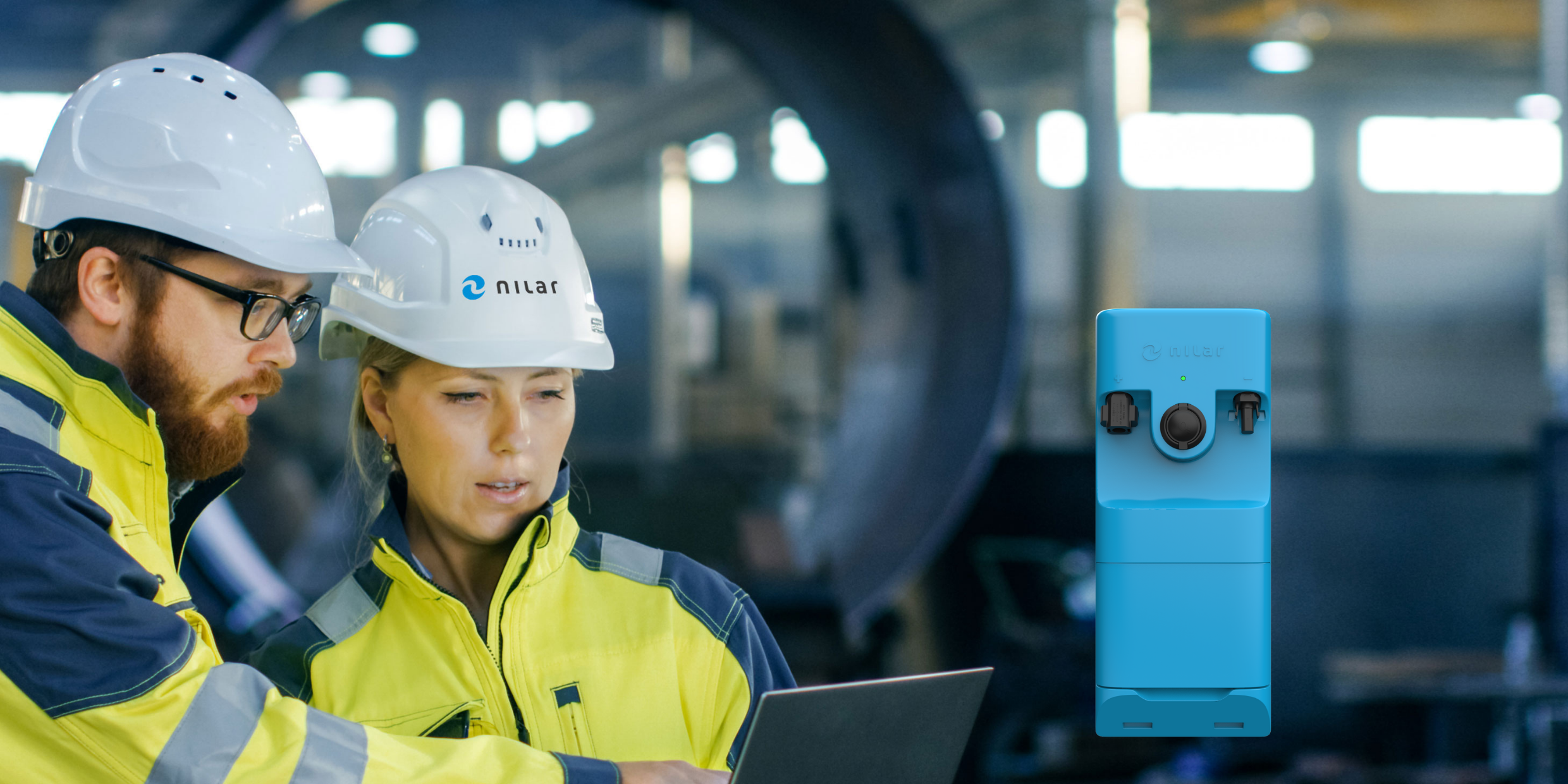The Swedish National Board of Housing, Building and Planning missing safety differences between different battery types
As more batteries and energy storage systems are being installed in properties, safety is becoming increasingly important, especially considering that certain types of batteries can elevate fire risk. The recent proposal from Boverket, the Swedish National Board of Housing, Building and Planning on regulations and guidelines for fire safety is a good starting point, but is missing crucial differences between different battery types and creating an unnecessary worry amongst property owners installing energy storage systems.
The goal of Boverket’s regulatory work is to have clear legislative proposals that impose functional requirements while expressing the desired level of safety. It is, of course, commendable that the authority aims to be proactive with rule updates that can enhance safety regarding energy storage and in general, the proposal serves as a good starting point. However, our concerns about potential adverse consequences resulting from the proposed changes to new technology may, in part, create unnecessary apprehension among households installing energy storage.
At Nilar, we believe that one of the issues with the consultation is the lack of differentiation between various technologies, which can be misleading for consumers. As an example, we utilize technology that is significantly less prone to fire hazards than what is used for other battery types. Therefore, we wish to emphasize the necessity of modernizing fire safety regulations to encompass new technologies such as energy storage, solar panels, electric vehicles, and gas-powered vehicles. The design and placement of energy storage spaces should instead rely on analytical calculations and risk assessments without compromising safety standards and objectives.
Daniel Törmänen, Product Compliance Specialist at Nilar, is the author of an assessment by Nilar on the proposal from Boverket. He is skeptical about the generalization of different technologies. “There is a social demand for modern safety regulations concerning emerging technologies like solar panels and energy storage. However, I believe that regulatory updates from authorities often oversimplify matters, treating all technologies as equal despite significant distinctions“, Daniel comments.
“The basis for this statement includes consultations with a fire consulting company that shares our view that the fire safety measures in the proposed regulations, which are centered around lithium-ion battery issues, may not be entirely relevant for Nickel Metal Hydride (NiMH) batteries, among other things. We have deliberately chosen a battery chemistry with inherent safety features, NiMH, as it is not prone to igniting to flames. However, it is essential to highlight that there are always certain risks associated with storing energy in various forms that can be released rapidly.
“It is encouraging that Boverket is currently reviewing its regulations to incorporate new technology, but they should also consider possibilities for industry stakeholders to assess real risks and adjust their installations accordingly. If the proposed regulation is adopted without alterations, it could potentially disrupt the ongoing transition to green energy in society”, says Daniel.
Read more about Nilar’s assessment here
Read more about Boverket’s regulations here: Remiss – Boverkets förslag till föreskrifter och allmänna råd om säkerhet i händelse av brand i byggnader
Media Mentions: Dagens Infrastruktur Nilar: ”Boverkets nya föreskrifter är inte applicerbara på alla typer av batterier” – dagensinfrastruktur
